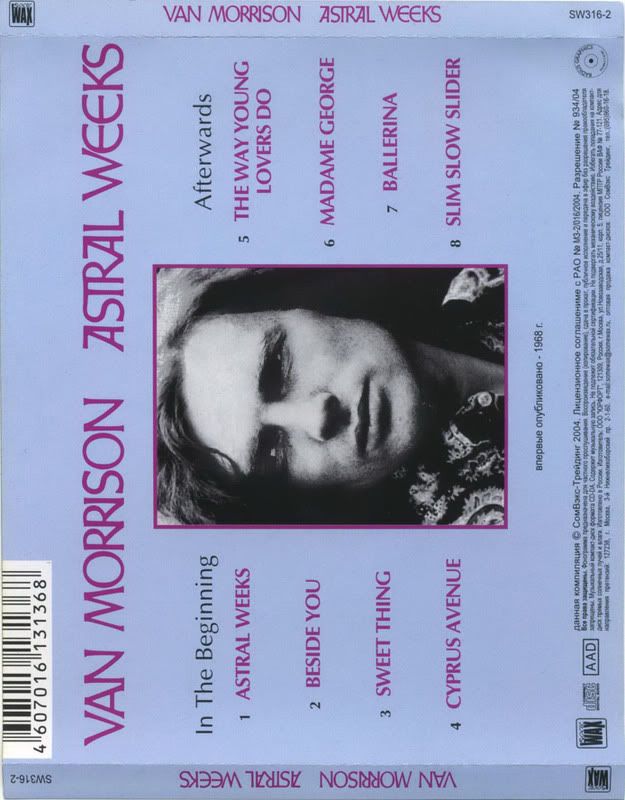 I swear on Heaven's Gate's black-and-white Nikes, I'm From Barcelona are a cult. It's not so much their roster size (two dozen, give or take a few), their like-minded fashion sense, or their unchecked ebullience. It's this hint of secrecy, this sense of us being on the outside of some knowledge only they are privy to. They are eternally happy and comfortable in their black-rimmed glasses and wool sweaters, and we will never know why.
I swear on Heaven's Gate's black-and-white Nikes, I'm From Barcelona are a cult. It's not so much their roster size (two dozen, give or take a few), their like-minded fashion sense, or their unchecked ebullience. It's this hint of secrecy, this sense of us being on the outside of some knowledge only they are privy to. They are eternally happy and comfortable in their black-rimmed glasses and wool sweaters, and we will never know why.Do I sound jealous? Good, because I am. It's why I emailed Emanuel Lundgren and told him I want in. They're looking for new members; cults always are. Hear "Andy" and the lyrics, "We could need someone like you in our band / No audition and you don't have to pretend." Or "Orphelia," which reads like something you'd find in a cult's literature, a case study along the lines of "Look what our cult did for poor Johnny!": "He didn't believe in anything / He didn't believe in joy."
Then again, the Barcelona Temple really doesn't need pamphlets and colorful buttons and what not. They have pop songs, which are infinitely more powerful. And thanks to the music, you'll be one of them before the night comes. La-la-la-la-la-la-la . . .



